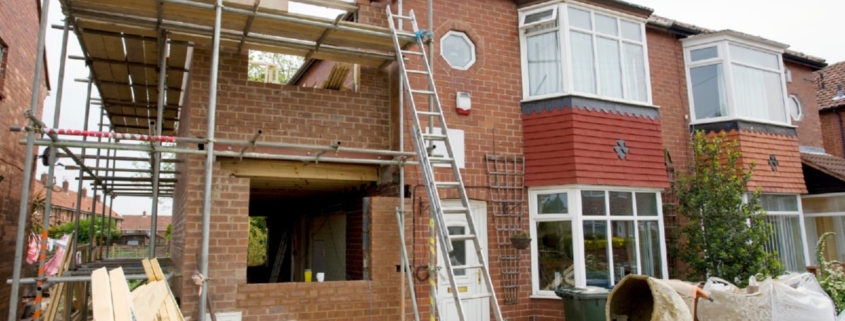The Influence of Design on the Construction Process 7641
Managing a construction project effectively requires meticulous planning, strong communication, and consistent monitoring. The size and complexity of the project necessitate a systematic approach to avoid mistakes, delays, and cost overruns.
The first step in managing a construction project is formulating a well-defined project plan. This plan should cover everything from the project’s objectives and scope to the budget, timeline, and potential risks. A comprehensive plan serves as the project’s blueprint, guiding all activities and decisions.
Effective communication is another crucial aspect of construction project management. Everyone involved must be kept informed about the project’s progress, any changes, and potential issues. Regular meetings, updates, and reports can help ensure that everyone is on the same page.
Finally, consistent monitoring of the project is necessary to ensure that it stays on track. This involves not only tracking progress against the plan but also identifying and managing risks. By actively managing risks, project managers can prevent issues from escalating and causing delays or cost overruns.
Transitioning towards green construction is another key factor of modern construction project management. Building for a sustainable future involves using sustainable materials, adopting energy-saving practices, and minimizing waste.
Green materials, such as recycled steel, bamboo, and reclaimed wood, have a lower environmental impact than traditional materials. Additionally, they can provide benefits such as improved energy efficiency and reduced maintenance costs.
Energy conservation practices are another important aspect of green construction. This can involve everything from installing solar panels and high-efficiency appliances to using passive solar design principles. These practices not only reduce a building’s environmental impact but also lower its operating costs.
Lastly, minimizing waste is a key part of building for a sustainable future. This can be achieved through practices such as waste-reducing construction, which involves planning and managing construction processes to minimize waste and maximize value.
In conclusion, successful construction project management involves careful planning, clear communication, and constant monitoring. Meanwhile, building for a sustainable future requires the use of eco-friendly materials, energy-efficient practices, and waste reduction strategies. By adopting these practices, constructors can deliver high-quality projects on time and budget, while also contributing to a more sustainable future.
For more details, check best Chimney Services Dublin or visit their Chimney Repairs Service business listing here.



